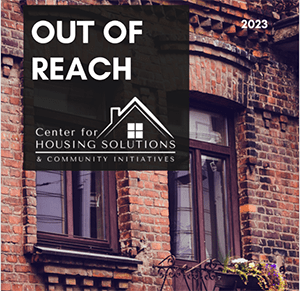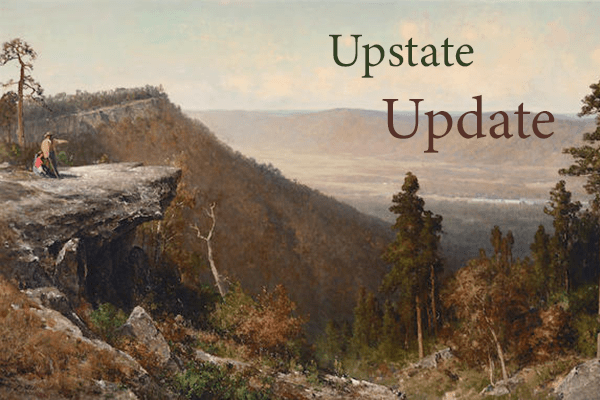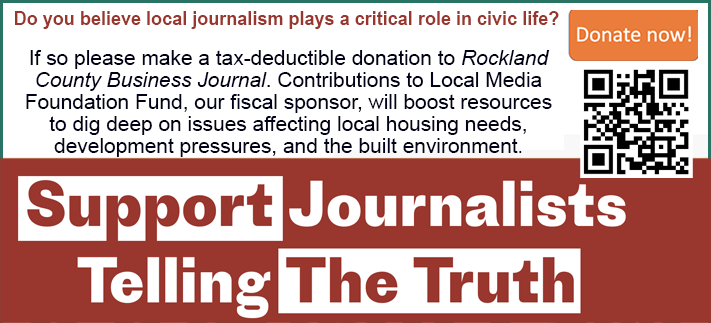|
RCBJ-Audible (Listen For Free)
|
Pattern For Progress Report Shows The Cost of Homeownership and Rent Is Out Of Reach For Most Hudson Valley Residents
 Hudson Valley Pattern for Progress released a new report that underscores the affordability crisis for housing in the region, as stagnant wages, increasing rents, and skyrocketing home prices have stretched household budgets to their limits.
Hudson Valley Pattern for Progress released a new report that underscores the affordability crisis for housing in the region, as stagnant wages, increasing rents, and skyrocketing home prices have stretched household budgets to their limits.
The report, Out of Reach Hudson Valley 2023, uses federal and local data to examine the gap between wages and the cost of rental housing for those living in the nine-county region. Pattern also examined the affordability of homeownership throughout the Hudson Valley by comparing median home prices to the mortgages for which typical families would qualify in each county.
The data show a persistent and clear trend across the entire Hudson Valley: the cost of housing has pushed beyond reasonable levels of affordability for most of our neighbors. A single worker cannot afford fair-market rent for a one-bedroom apartment in any of the nine counties, and median home prices are more than $100,000 higher than the mortgage that typical families would qualify for in every county.
“The data we analyze each year tell a clear and troubling story: most of our neighbors cannot afford to live in the communities where they work,” Pattern CEO Adam Bosch said. “As our neighbors choose to leave the region, have smaller families, and our workforce slowly shrinks, the Hudson Valley is starting to feel some of the most painful ramifications of stagnant housing and zoning policies. The vibrancy and viability of our communities will depend on actions that encourage the production of more housing at prices our working-class neighbors can afford.”
The full Out of Reach report can be found on the Pattern for Progress website.














